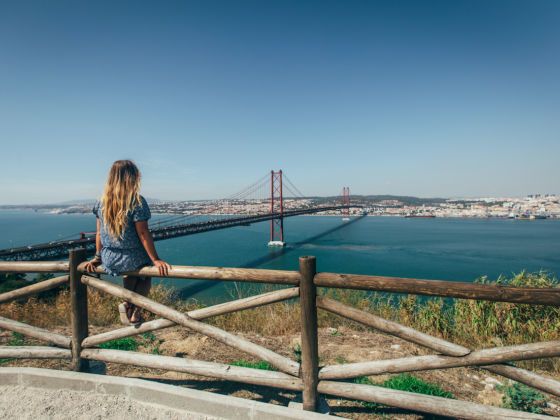In January 2018, I left a job writing travel copy from a 20-person office in San Francisco to write about a world I was actually experiencing. The plan was to freelance abroad for a few months. It was an exciting prospect: I could go anywhere in the world, which, at the time, translated to anywhere I’d never been before.
Up first was Uruguay. I went with a friend, Karin, who I’ve been traveling with since high school. She’s the type of diehard you can pitch a destination that you picked out of a hat with no questions asked. The caveat is that it’s someplace she’s never been before, a condition of her quest to visit 50 countries before she turns 30.
